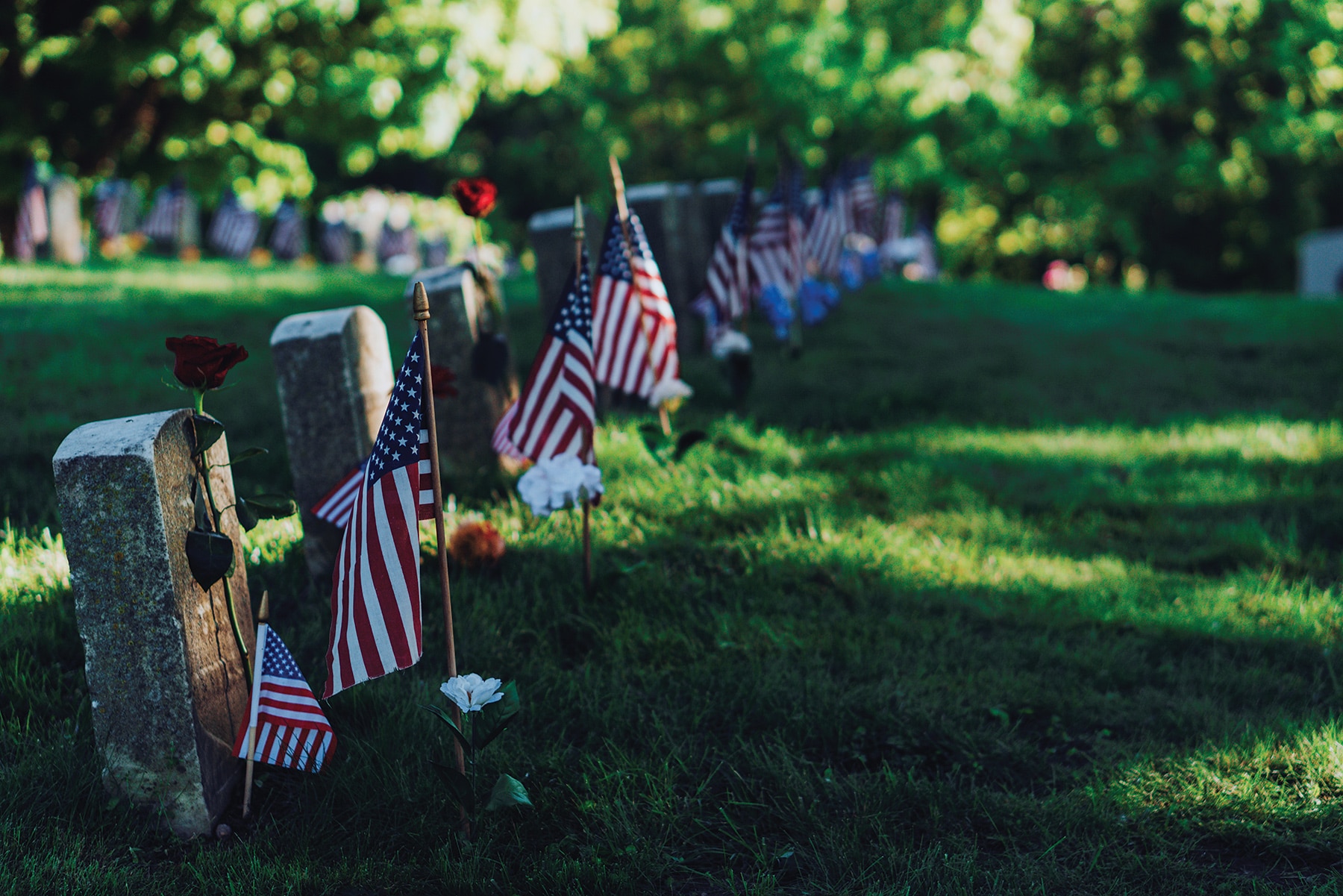
About a dozen years ago, I was asked to talk to a group at the U.S. Army War College in Pennsylvania about civilian-military relations. More specifically, I was asked to comment on the differences between the United States and Israel. Last week, when The Atlantic published a bombshell report by Jeffrey Goldberg about how President Donald Trump referred to fallen, captured or fighting military personnel, my long-ago talk suddenly felt relevant again.
The report alleged that Trump referred to fallen soldiers as “losers.” The president denies the allegations. I have no way of knowing what Trump said, what the exact circumstances were, what the exact tone was. But I do remember the frustration of the colonels at the Army War College over how Americans perceive the military. And it reveals something about how most Americans view their service members.
They view them from a distance.
That’s one difference between Israel and the United States — between a country where someone might call service personnel “losers” and a country where someone doesn’t. Trump doesn’t have a service member in his family, or close friends who serve in the military. An American can grow up not knowing many people who serve. I still have the notebook from my meeting with the colonels, some of whom are now generals. Here is one quote that I scribbled down: “If you come from Oklahoma, that’s one thing, but in New York or Chicago, things are different.”
About two-thirds of Americans younger than 40 have no family member who has served. And it shows.
Today, a smaller percentage of Americans serve in the armed forces than at any time since the “peaceful Twenties” — between the two World Wars. About two-thirds of Americans younger than 40 have no family member who has served. And it shows. When people close to your heart, people with whom you grow up, people with whom you are friends are among those who serve in harm’s way, you will never call them “losers.” Not because it’s impolite, politically damaging or unpatriotic. It’s because it’s not true. My son isn’t a loser. My brother isn’t a loser. My friend isn’t a loser. My friend’s son isn’t a loser. Distance also means not appreciating that a man or woman’s death in a war, in most cases, isn’t a personal failure. It is chance. If you’ve ever been in or trained in a war zone, you’d know.
However, mandatory conscription in Israel can’t be compared with the American military because the U.S. is embroiled in many overseas conflicts. From World War II, the Korean and Vietnam wars to the Afghanistan and Iraq conflicts, almost 400,000 Americans have been killed in the line duty. The draft was eliminated in 1973; the U.S. armed forces are volunteers now.
Goldberg’s most vivid piece of reporting, refers to a conversation between the president and his then-Secretary of Homeland Security John Kelly at Arlington National Cemetery in Virginia. Trump was standing with Kelly near the gravesite of Kelly’s son, Robert, who was killed in Afghanistan at age 29. “I don’t get it,” the president suddenly said to Kelly. “What was in it for them?”
That’s distance. Distance is not understanding why soldiers decide to volunteer. Distance is not understanding what they gain when they put on their uniforms. Distance is not understanding that not understanding is a problem in and of itself. A man or woman in the military must appreciate the society that he or she represents. A man or woman serving feeds on the gratitude of the people who aren’t in the service. If the president doesn’t get it, if a society as a whole doesn’t get it, then it becomes feasible to ask, “What’s in it for them?”
I’m pretty sure that Trump appreciates the personnel of the United States armed forces. I’m even more certain that a vast majority of Americans revere their military personnel, their patriotism, heroism and sacrifice. And yet, most of them do it from a distance. They do it through an opaque lens. Or, as one of the colonels said to me, “We need to reintroduce the military to the public — and rather than try to be put on a pedestal, try to be seen as who we really are.”
Soldiers aren’t all “losers” or “suckers.” They are also not all “heroes” or “saints.” Close the distance and take a look. It can be quite interesting.
Shmuel Rosner is senior political editor.























 More news and opinions than at a Shabbat dinner, right in your inbox.
More news and opinions than at a Shabbat dinner, right in your inbox.